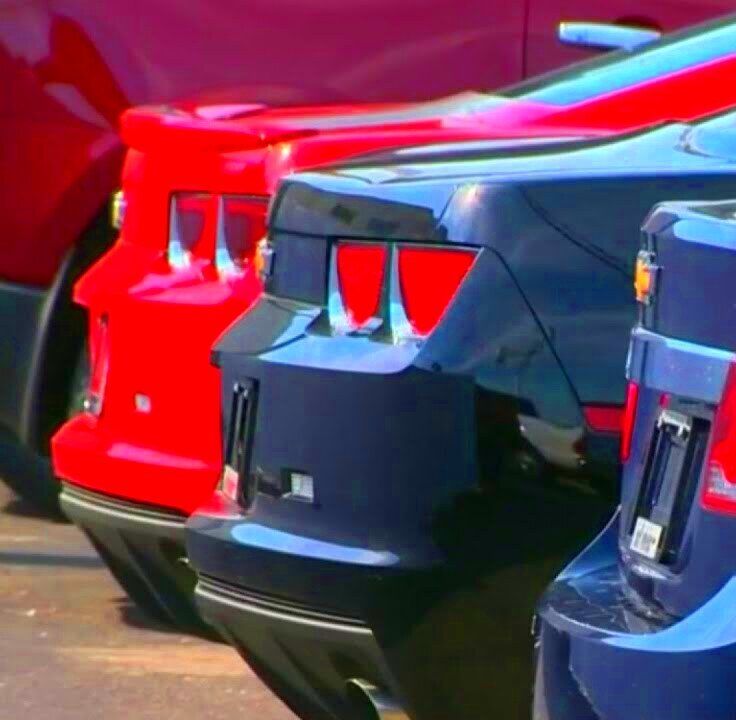Michigan Car Repossession Laws and What They Mean for You
Car repossession is a serious issue that many vehicle owners face, especially if they’re struggling to keep up with their payments. In Michigan, the laws governing car repossession are designed to protect both the lender and the borrower. Understanding how this process works can help you navigate the challenges it presents. Knowing your rights and responsibilities is essential in avoiding negative consequences.
Legal Grounds for Car Repossession

In Michigan, car repossession is typically legal under the following conditions:
- Default on Payments: If you fail to make your car payments on time, the lender has the right to repossess your vehicle.
- Failure to Maintain Insurance: If you don’t maintain proper insurance on your vehicle, it can lead to repossession.
- Violation of Loan Terms: If you violate any terms outlined in your loan agreement, the lender may repossess your car.
It’s important to read and understand your loan agreement to avoid unintentional violations that could lead to repossession.
Process of Car Repossession in Michigan
The repossession process in Michigan generally follows these steps:
- Notice of Default: Once you miss a payment, the lender usually sends a notice of default, informing you of your overdue payments.
- Right to Cure: Michigan law allows you a chance to remedy the default by making the overdue payment, often within a specified period.
- Repossession: If you don’t respond, the lender can then proceed with repossession. This can happen without a court order.
- Post-Repossession Notification: After repossession, the lender must send you a notice, detailing the steps for reclaiming your vehicle and any outstanding debts.
- Sale of Vehicle: The lender will typically sell the repossessed vehicle at auction to recover the owed amount.
Throughout this process, it’s crucial to keep communication open with your lender. They may offer alternatives to repossession if you explain your situation.
Your Rights During Repossession
When facing car repossession in Michigan, it’s crucial to know your rights. Understanding these rights can help you protect yourself and make informed decisions. While the lender has the right to repossess your vehicle if you default on payments, you also have rights that they must respect during this process.
Here are some key rights you have:
- Right to Receive Notice: You must be notified of your lender’s intent to repossess your vehicle. They typically send a notice after you miss a payment.
- Right to Retrieve Personal Belongings: If your car is repossessed, you have the right to get your personal items back from the vehicle.
- Right to Contest Repossession: If you believe the repossession was unlawful, you can contest it through legal channels.
- Right to Receive Information: After repossession, the lender must inform you about how you can reclaim your vehicle and any remaining debt.
Knowing these rights can help you navigate the situation more effectively and may allow you to take steps to prevent losing your vehicle.
How to Avoid Car Repossession
Preventing car repossession is always better than dealing with its aftermath. Here are some effective strategies to help you keep your vehicle:
- Communicate with Your Lender: If you anticipate missing a payment, reach out to your lender. They may offer options like a payment plan or deferment.
- Stay on Top of Payments: Set reminders for your payment dates to avoid missing them. Consider setting up automatic payments if possible.
- Maintain Insurance: Ensure you have the required insurance coverage on your vehicle. Lack of insurance can lead to repossession.
- Sell or Trade-In: If you’re struggling, consider selling the car or trading it in for a less expensive vehicle. This can help you avoid defaulting.
Being proactive can go a long way in helping you keep your car. The more you communicate and plan, the better your chances are of avoiding repossession.
Impact of Repossession on Your Credit
Having your car repossessed can significantly impact your credit score. Understanding this effect can help you make better financial decisions in the future. When a repossession occurs, it’s reported to credit bureaus, which can lower your score and make it harder to secure loans in the future.
Here’s how repossession affects your credit:
- Credit Score Drop: Your score can drop by 100 points or more, depending on your credit history.
- Negative Mark on Credit Report: A repossession stays on your credit report for seven years, affecting your ability to get loans and credit cards.
- Higher Interest Rates: If you can secure credit after a repossession, you may face higher interest rates due to the perceived risk by lenders.
After a repossession, it’s essential to focus on rebuilding your credit. Make timely payments on any remaining debts and consider seeking credit counseling to get back on track.
Steps to Take After Repossession
Facing car repossession can be overwhelming, but there are essential steps you can take afterward to regain control of your situation. Understanding what to do next can help you recover and prevent further issues. Here are some practical steps to follow:
- Assess Your Situation: Take a moment to evaluate your finances. Understand how the repossession will affect your budget and any outstanding debts.
- Contact Your Lender: Reach out to your lender as soon as possible. Ask about the details of the repossession and your options for getting the vehicle back.
- Retrieve Personal Items: If you had personal belongings in the car, contact the repo company or lender to arrange a time to collect your items.
- Understand the Debt: If your vehicle was sold for less than what you owed, you may be responsible for the difference, known as a deficiency balance. Make sure you understand this obligation.
- Explore Rebuilding Credit: Start taking steps to improve your credit score. Make timely payments on other debts and consider speaking with a financial advisor for guidance.
By taking these steps, you can better manage the fallout from repossession and work towards a more stable financial future.
FAQs About Michigan Car Repossession Laws
Many people have questions about car repossession laws in Michigan. Here are some frequently asked questions to help clarify common concerns:
- What happens if my car is repossessed? After repossession, the lender typically sells the vehicle at auction and may pursue you for any remaining balance owed.
- Can I get my car back after repossession? Yes, you may be able to retrieve your vehicle by paying off your debt, but this depends on your lender’s policies.
- How long does a repossession stay on my credit report? A repossession can remain on your credit report for up to seven years.
- What are my rights during repossession? You have the right to receive notice of repossession, retrieve personal belongings, and contest the repossession if you believe it was unlawful.
Understanding these aspects can help you navigate the repossession process more effectively.
Conclusion
Car repossession is a challenging experience, but being informed about your rights and options can make a significant difference. Michigan’s laws provide certain protections, and knowing how to avoid repossession in the first place can save you stress and financial strain. If you find yourself facing repossession, remember to take immediate steps to assess your situation, communicate with your lender, and focus on rebuilding your credit afterward. Always seek legal advice if you feel your rights have been violated. By staying proactive, you can navigate this difficult time and work towards a better financial future.
